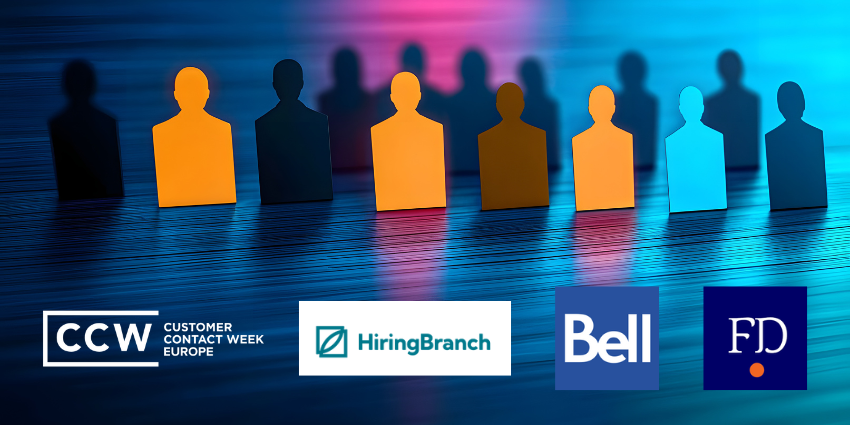Are you worried about unethical AI?
According to a recent report by leading communication company, Genesys, 80% of employers aren’t – but maybe they should be. In today’s digitally transforming environment, companies across the globe are either already investing in AI or planning to do so in the next couple of years. However, it seems as though our haste to adopt AI could mean that we’re forgetting to consider the ethics around it.
The study from Genesys into 5,310 employers and employees found that more than half of the employers questioned don’t have a written policy in place for the ethical use of bots or AI. However, 21% expressed concern that their companies could easily use AI in an unethical manner.
Steve Leeson, the VP for UK and Ireland at Genesys, said that as a company delivering CX solutions enabled by AI, Genesys understands both the risk and potential of the technology. The latest research offers a useful insight into how businesses and employees consider the potential implications of AI, and where Genesys and other technology brands can help to steel those companies towards the correct use of new innovations.
How Are Companies Approaching Ethical AI?
 In its latest study, Genesys found that almost 2 thirds of the employers surveyed about ethical AI expect their brands to begin using advanced automation or AI by 2022. These companies will be relying on AI to support greater efficiency and performance in the workplace. However, despite the growing demand for AI, 54% of employers say that they’re not worried that AI could be used unethically by their companies. Additionally, only 17% of employees were concerned about their company’s use of AI.
In its latest study, Genesys found that almost 2 thirds of the employers surveyed about ethical AI expect their brands to begin using advanced automation or AI by 2022. These companies will be relying on AI to support greater efficiency and performance in the workplace. However, despite the growing demand for AI, 54% of employers say that they’re not worried that AI could be used unethically by their companies. Additionally, only 17% of employees were concerned about their company’s use of AI.
Around 28% of the employers surveyed by Genesys were apprehensive that their companies could face potential liabilities for an unforeseen issue with AI. However, only 23% said that they have a written policy in place on using bots and AI ethically. Another 40% of employers without an AI ethics policy believe that their company should have one.
Another interesting finding was that around 52% of employees believe that businesses should be required to maintain a minimum number of human employees alongside AI-powered machinery. 57% of employees support this requirement, compared to 52% of employers that felt the same way.
The Genesys report also underscored the fact that millennials are currently the age group that feels the most comfortable with new and disruptive technology. However, they are also the demographic with the strongest opinions regarding the ethical guard rails needed for AI. Across the countries surveyed, the questions about AI ethics appeared to resonate more with Millennials, than baby boomers or Generation X. Whether it’s anxiety over AI or a demand for a corporate AI ethics policy, the youngest employers are constantly those with the most apprehension. 21% of millennial employers were concerned about the unethical use of AI, compared to 12% for Gen X and 6% for baby boomers.
Coming to Terms about AI Ethics

According to Leeson, the research into the ethics of artificial intelligence highlights that employers and employees alike are welcoming the increasingly important role of AI technologies in the workplace. Additionally, today’s businesses hold a surprisingly consistent view when it comes to addressing the ethical implications of intelligent technology. Genesys is advising today’s companies to development policies on AI and how it’s used as soon as possible if they want to reduce the apprehension felt by their teams.
The good news is that overall, UK employees and employers generally trust each other’s ethics and their companies when it comes to using intelligent tools. There’s also a lot of support among UK employers and employees about the concept of regulating AI.







